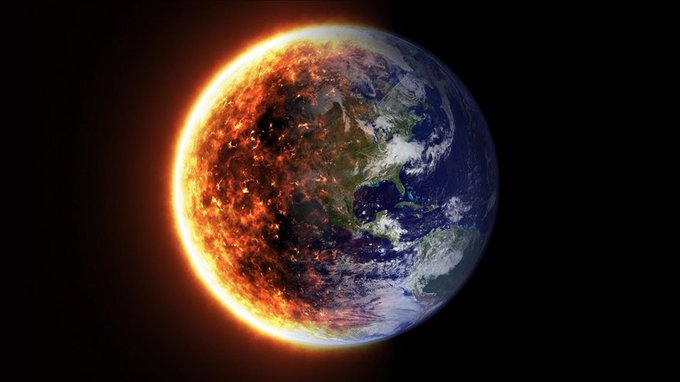
Global warming, the long-term heating of Earth’s climate system, has been a hot topic at the forefront of scientific and environmental discussions for several years. There are claims and counterclaims making it confusing for the average person to understand and siding with absolute conviction. In this spirit of transparency and analysis, let’s examine the topic from a contrarian viewpoint.
One hotly debated claim among skeptics is related to data manipulation. Detractors argue that scientists selectively use data that supports the theory of human-induced global warming. They suggest that historical data reveals periods when Earth’s temperature was much higher than today, long before human-based carbon emissions. For instance, during the Medieval Warm Period (from 950 to 1250 A.D.), temperatures were relatively high, which contradicts a major pillar of the global warming argument.
Some skeptics also point to the ‘Little Ice Age’ (from 1300 to 1870), noting that any recent warming could simply be a natural re-bound effect from this cold period, not necessarily a product of humanity’s carbon footprint.
Critics further challenge the accuracy of climate models used to predict future warming. They argue that these models do not fully account for significant influences such as solar radiation and cloud cover changes, potentially skewing results.
The role of carbon dioxide (CO2), a primary greenhouse gas, is another contentious point. Skeptics posit that while CO2 levels are rising, the correlation between CO2 and global temperature increases isn’t as linear as we might think. Upper atmospheric data indicates that increased CO2 concentrations haven’t led to the predicted warming there.
Lastly, critics highlight the influence of the Sun, the driving force behind Earth’s climate. They suggest that fluctuations in the Sun’s energy output might play a more significant role in Earth’s changing temperatures than human activity.
Still, we should be aware that the overwhelming majority of climate scientists agree that human activities are having a significant impact on Earth’s climate. Healthy skepticism fosters open dialogue and progress. Yet, balancing this skepticism with the weight of scientific consensus is also important in addressing our environmental future.


